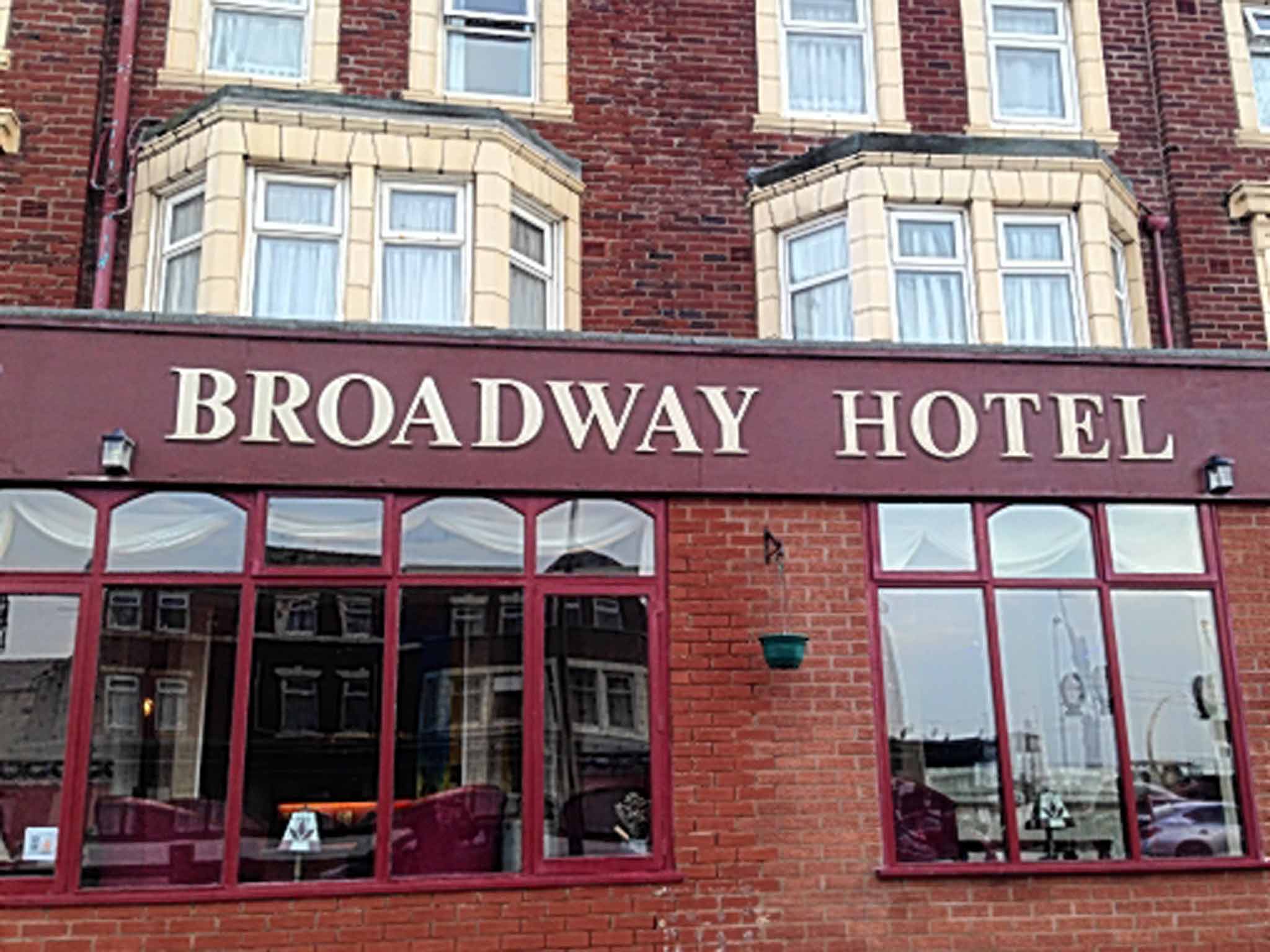The Independent's journalism is supported by our readers. When you purchase through links on our site, we may earn commission.
Blackpool Hotel and the politics of leaving an online review
There are, at the time of writing, 1,116 people who have have reviewed a specific pair of earplugs on Amazon

I’m not a betting woman but I’d put money on the fact that when Tony and Jan Jenkinson described the Blackpool hotel in which they’d stayed recently as a “rotten stinking hovel” on TripAdvisor they didn’t expect to be hit with a £100 “fine” by the hotel for doing so. Unsurprisingly, after a mini media storm and the attention of Blackpool Trading Standards, this money has now been refunded but it’s got some of us questioning why anyone would leave an online review in the first place? With very few exceptions, there’s nothing to be gained for reviewers when they do so, so why do it?
The proliferation of online reviews for almost everything cannot have escaped anyone’s notice. It seems as though there are no longer any aspects of human life which are not open to public criticism and amateur analysis. There are, at the time of writing, 1,116 people who have carved out time in their busy days to review a specific pair of £2.89 earplugs on Amazon. Who knew moulded foam could be “life-changing”?
If I sound cynical, I shouldn’t. I barely do or purchase anything these days without searching for it online and checking to see if it’s getting a rave or a one-star review from faceless people I’ve never met. I’ve booked a hair appointment tomorrow based primarily on reviews left for the salon on Wahanda but, of course, I have no idea what these anonymous reviewers look like and if their hair styles are anything I’d be keen to copy. Arguably, if I emerge tomorrow afternoon looking like Donald Trump’s love child, I will have only myself to blame.
It’s not just hotels, hair salons and, erm… ear plugs which now are part of our reviews culture. NHS hospitals and rental properties are now being rated online by an increasingly galvanised bunch of people who feel the need to share experiences – good and bad. It might go against the grain to give the surgeon who operated on you an online mark out of five, but in the absence of publically available data I completely get why user generated content has become invaluable for so many of us.
This is why I have little sympathy for the views of people who argue that user-generated reviews online are often pernicious, and should be eschewed in favour of good old fashioned word of mouth. What rot. I don’t know about you, but I don’t have time or inclination to call all my friends and ask them if they can recommend a little place in the Lake District for a January mini-break (which while I’m at it must be child-friendly, have a no dogs allowed policy and be located no further than a ten minute walk from a bus stop. And next door to a pub). Crowdsourcing is simply the most convenient way to get a reliably accurate snapshot of how well regarded a product or service is. How else are we supposed to make an informed choice? I also simply do not buy the argument that people only leave online reviews to stir-up petty “hate campaigns” and slate things unfairly.
Before social media, it was a marketing truism that people were more inclined to share a bad experience with a business than a good one. A customer, we were told, would tell one person they had a great experience, but would tell five people about a bad experience. That, I suspect, is no longer the case. Satisfying it may be to tell-all about a bad experience or product but there’s a pretty compelling amount of evidence to suggest that dishing-the-dirt is not the only reason why people share their experiences online. Apparently an astonishing 87 per cent of online reviews for Financial Services providers are four stars or above. If banks and insurance companies are feeling that level of online love, what must reviews be like for institutions we really like?

Join our commenting forum
Join thought-provoking conversations, follow other Independent readers and see their replies